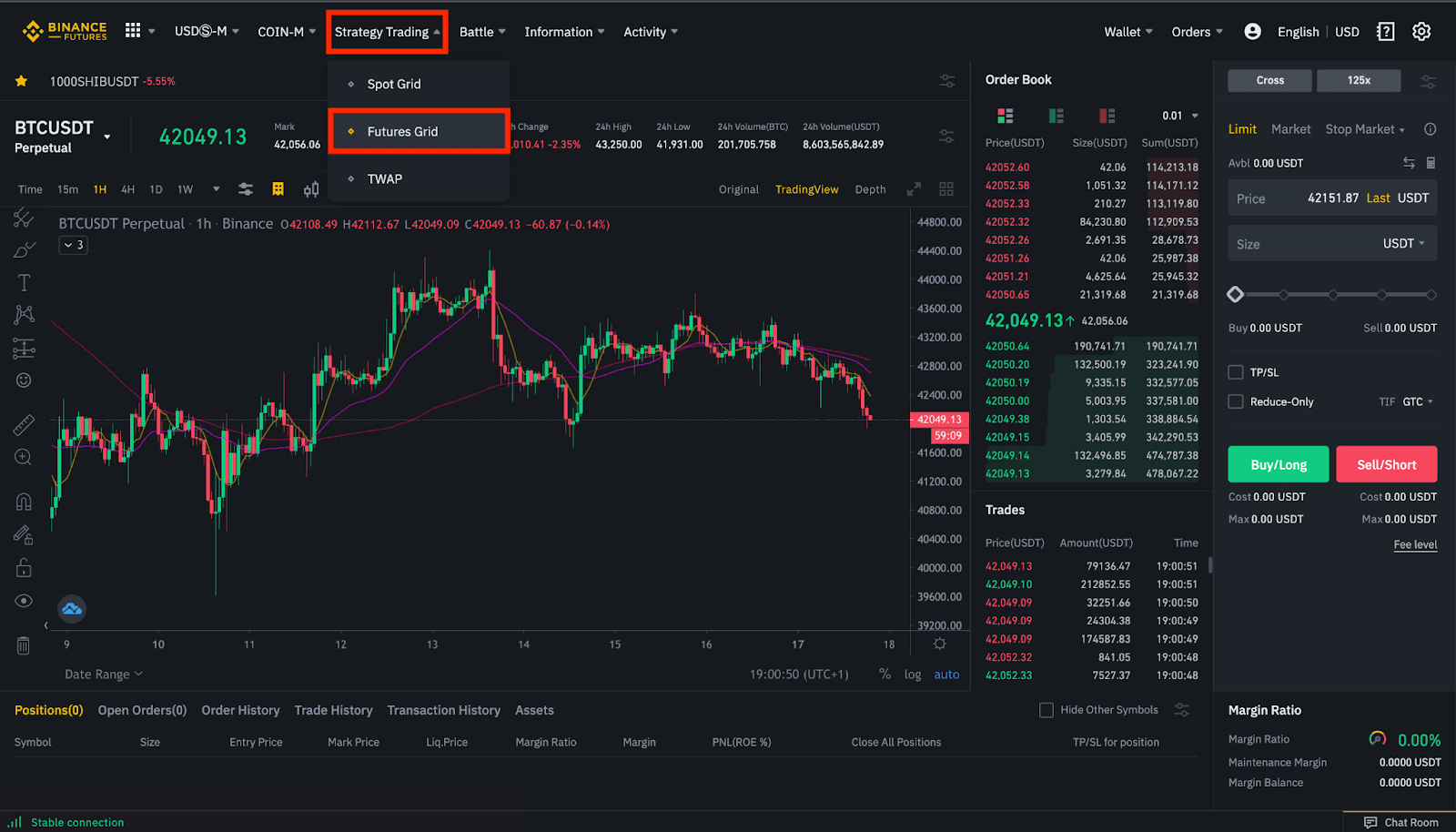Avalanche stands out in the GameFi Ecosystem by providing high accessibility for general users and low barriers to entry. Though the Avalanche network is new in the Layer-1 blockchain, there has been an inflow of numerous play-to-earn games built on Avalanche’s subnets and C-chain within the past year.
The Avalanche growth is the result of the features of Avalanche Subnets, like enhanced customization, network speed, and high scalability.
Avalanche Subnets have 40 GameFi projects running on the C-chain of the Avalanche network.
Moreover, Avalanche holds one of the largest play-to-earn crypto games, Crabada, the largest by volume, and another is DeFi Kingdom which is currently running on Avalanche Subnets.
Avalanche Subnets and its network have been proven as a powerful tool for GameFi projects, improving the user experience and scaling the games.
GameFi Projects on Avalanche Subnets –
1. Crabada –
The Crabada is the largest GameFi project on the Avalanche network. There are more than 665K active users on the Avalanche network, including over 25K active wallets.
A short introduction: Crabada is a decentralized play-to-earn crypto game where gamers can purchase NFTs of the hermit crab for activities like looting, breeding, and mining. There is an NFT marketplace inside the game where gamers can trade their NFTs and breed their crabs to form new crabs.
The gamers can earn $TUS and $CRA tokens during the different activities. There is little gameplay as the Crabada focuses on “idle” play-to-earn games. The success of Crabada has happened not only due to idle farming and the reward of tokens but also due to low barrier entry for new users and the scaling potential offered by Avalanche Subnets.
The Crabada was moved from the C-chain of the Avalanche network to the Avalanche Subnets, named “Swimmer Network.” One key feature of the Swimmer Network is the “Fee-Cover Model,” which helps to decrease onboarding friction and barriers to entry for general users.
The Fee-Cover Model allows gamers to play Crabada for free without having to acquire gas tokens while starting the game. The Crabada users’ asset can be bridged on the Swimmer Network using the Celer cBridge protocol.
2. DeFi Kingdoms –
After Carbada, another play-to-earn crypto game is Defi Kingdoms (DFK) which runs on the Avalanche Subnets.
A short introduction: DeFi Kingdoms (DFK) is a crypto game, Decentralized Exchange (DEX), rare utility-driven NFTs, and Liquidity Pool (LP) opportunities. Defi Kingdoms (DFK) launch was in August 2021, and since then, it has been on the Harmony Network with its initial realm named Serendale.
Though some significant issues happened by Harmony experienced by DeFi Kingdoms (DFK) over the last few months, like a significant price drop in the native token named $JEWEL and in-game mining issues. Because of this, gamers lost their trust in the DeFi Kingdom (DFK) developers.
DeFi Kingdoms (DFK) launched a new upgrade solving the above two issues, DeFi Kingdoms: Crystalvale on the Avalanche Subnets. After embarking on the Avalanche Subnets, there was a spike in the transaction counts.
A new feature under the Avalanche Subnets was introduced, “DFK Chain,” which will run on the Defi Kingdoms: Crystalvale network that uses Ethereum Virtual Machine (EVM) subnets. This subnet will help the users to decrease their gas fees in their native tokens, $JEWEL, when moving from Serendale to Crystalvale.
Blockchain infrastructure company like Zeeve can help with Avalanche Subnets to scale your games to the next level.
As per the data from DeFi Llama, Avalanche ranks the fourth highest for Total Value Locked (TVL) with the amount of $1.34 billion locked till today.
Closing Thoughts –
Avalanche Subnets is making its name in the GameFi Ecosystem. Because of the Avalanche Subnets feature, more gaming companies are taking the benefits to scale their games and seeing success.




